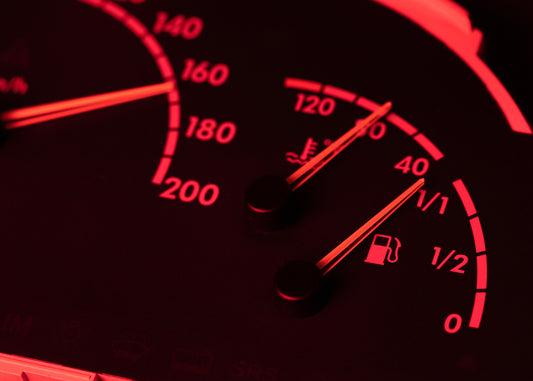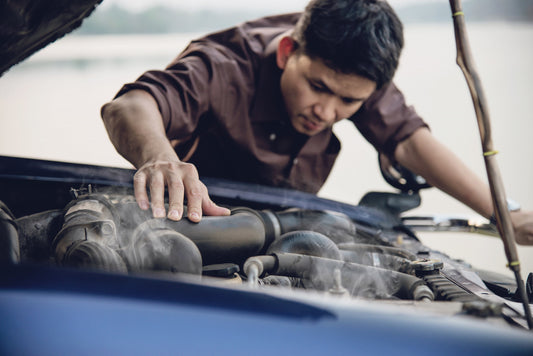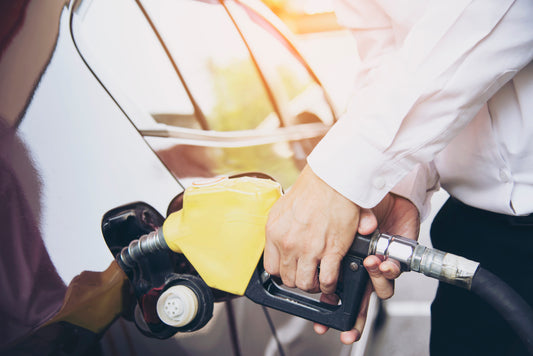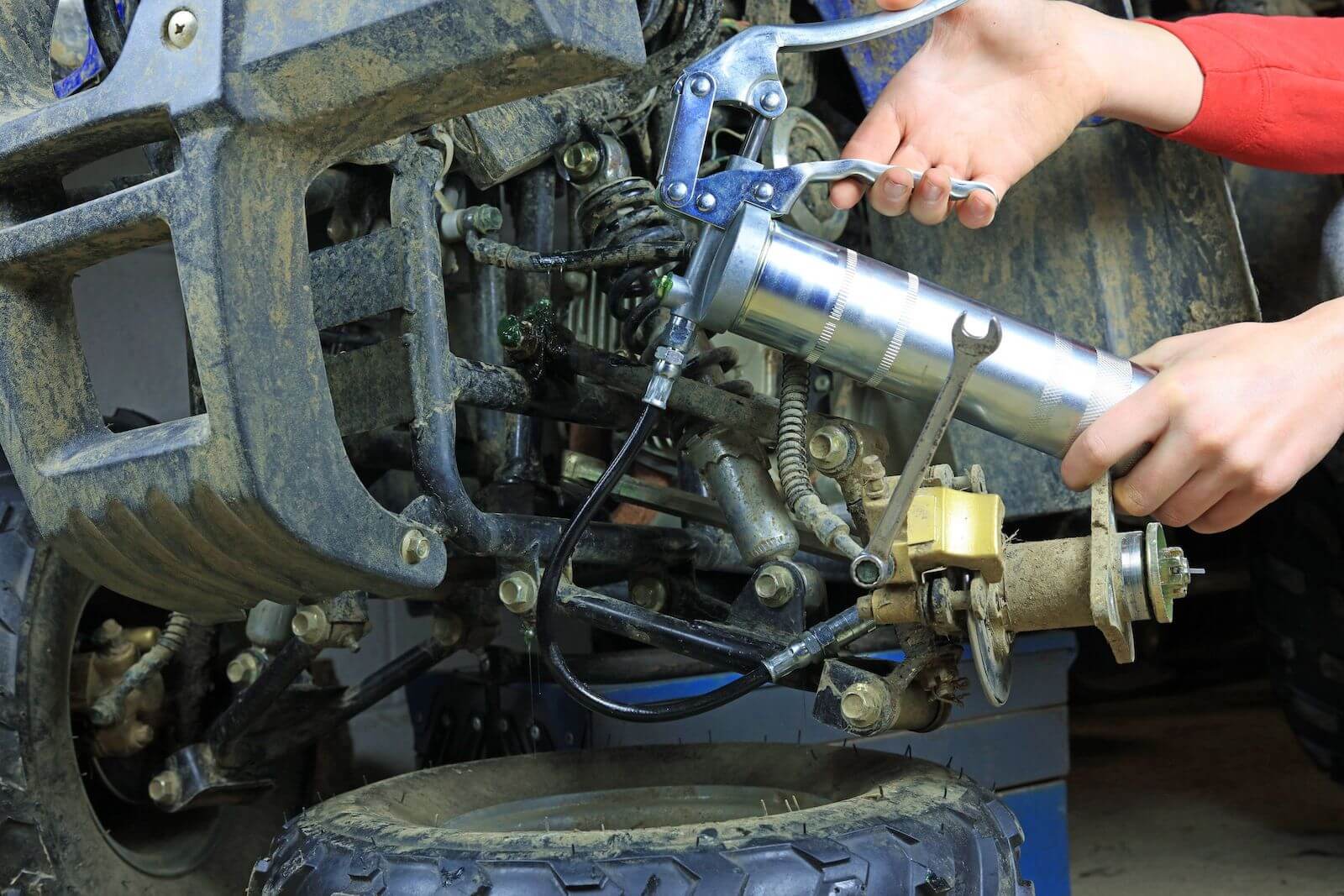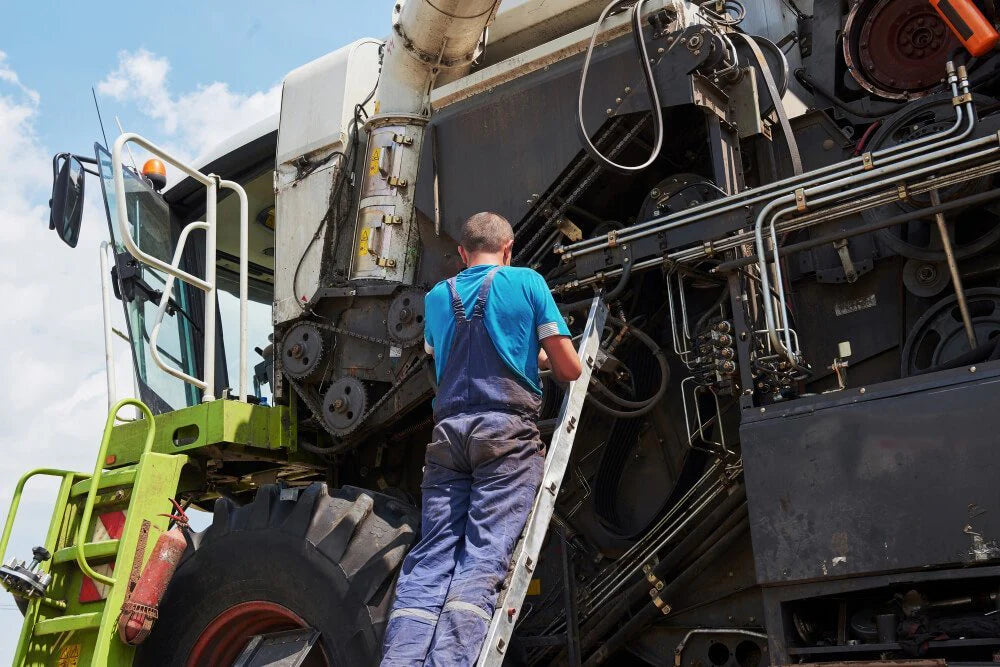There are three big life events in a person’s life: 1. Getting Married 2. Becoming a Parent, and 3. Buying a trailer. Maybe buying a trailer won’t generate the same emotions as marriage or becoming a parent, but trailers can be a life-changing event. Just think about the following:
Moving into your first house is super easy with an enclosed trailer; have you ever tried putting a couch in an SUV? I have, but not great.
Would you ever buy a boat without a trailer? Not if you ever plan on moving it.
The kids are finally moving out! Both are in their 40s, but that’s ok you have a trailer, and it won’t take 40 minutes to have them moved out!
Yard work can be a backbreaker, and wheelbarrows are great, but a dump trailer is better!
Do you have a tractor and a little land in the country? A trailer makes it super easy to get your tractor to your land, and it will save you money when you start buying tractor attachments—trust me, you will have multiple tractor attachments.
Levity aside, there is no arguing that trailers make life easier, but do you know how to safely operate your vehicle when towing?
Towing/Trailer Checklist
Here’s the complete checklist for your trailer…
1. Is your vehicle rated for the trailer you have or intend to pull?
Every vehicle has a towing capacity, so double-check that your vehicle is rated for the load you will pull. Did you know pulling a trailer that your vehicle is not rated for is illegal? So aside from the safety factors, there are also legal consequences for pulling a trailer unsuited for your vehicle.

Remember: just because a vehicle can pull a certain trailer doesn’t mean it is safe.
2. Is the trailer rated for road travel and high speeds?
With the rise of eBay, online auctions, and FB marketplace, there are tons of trailers for sale that should not and are not rated for road use. Just because a trailer looks nice doesn’t mean it is road ready.
Here are some things to check:
- Does the trailer have/need brakes?
- Is there a manufacturer’s tag and rating, or was the trailer homemade?
- Is the trailer rated for road use? Does it have the required lights and signals? Do the lights and signals work?
- Can the trailer operate at high speeds, or was it only designed for low-speed off-road use?
3. Correctly Balance the Load and Weight on the Trailer and the Weight on your Vehicle
Trailer balance and weight distribution is the biggest safety factor when towing, as it directly affects the stability and ability of your vehicle to steer and stop!
Here is a general rule: 60% of the loaded weight on a trailer should be in front of the axle, and 40% should be directly on or over the axle.

Also, ensure the load is centered on the trailer from right to left when standing behind the trailer. If the load is not equal in weight from right to left, you should adjust the load so the WEIGHT is centered right to left.
Example: If you are hauling two 55-gallon drums, one is empty, and the other is full, then the full drum should be in the trailer’s center. If the weight is unevenly distributed, it will affect how your vehicle handles it.
Secure your load! Whenever you put something on a trailer, you must secure the load with straps, chains, and sometimes a tarp to ensure nothing can blow off your trailer. Ensure your straps or chains are rated for the load they are securing!! A two-inch strap will not secure a tractor on a trailer; check the strap rating and local laws to ensure you are using the correct straps.
4. Grease the Wheel Bearings
If you don’t want to convert your trailer into a sled or must call a trailer repairman, you must grease your wheel bearings. If a wheel bearing goes out, your trailer will not move, and if the bearing goes out while being used, it could cause an accident, so make sure to grease your wheel bearings.
We recommend keeping a Lube-Shuttle® Travel Trailer Greasing Kit, so you have all the tools to keep your trailer greased. This kit includes a mess-free pistol grip grease gun and LI400 grease that has been certified for wheel bearing use, so you know you are using the right grease! The kit also includes a safeLOCK greasing coupler and a 90-degree coupler for the hard-to-reach suspension points!
Lube-Shuttle®: Travel Trailer Greasing Kit
The Travel Trailer Greasing Kit is specifically designed to accommodate greasing travel trailers.
shop now5. Adjust your Driving Habits!
When towing, you must remember that your vehicle will respond differently and drive to adjust for the trailer. Some adjustments to make when towing:
- Adjust your mirrors so you can see the trailer and beyond.
- Slow down earlier when you need to stop. Remember, the trailer will push on your vehicle, making stopping more difficult.
- Make wider turns when going around a corner so your trailer doesn’t hit the curb, go off the road, or go into another lane.
- Adjust the trailer brakes (if it has brakes) to engage and help slow down your vehicle. The trailer brakes (when set by a controller) will engage slightly harder than your vehicle brakes.
Trailers are a huge time saver and a great resource for many applications, but the main thing to remember is to be safe. Develop a habit of checking everything we mentioned before you hit the road. This will help you stay alert, sharp, and safe on the road.



